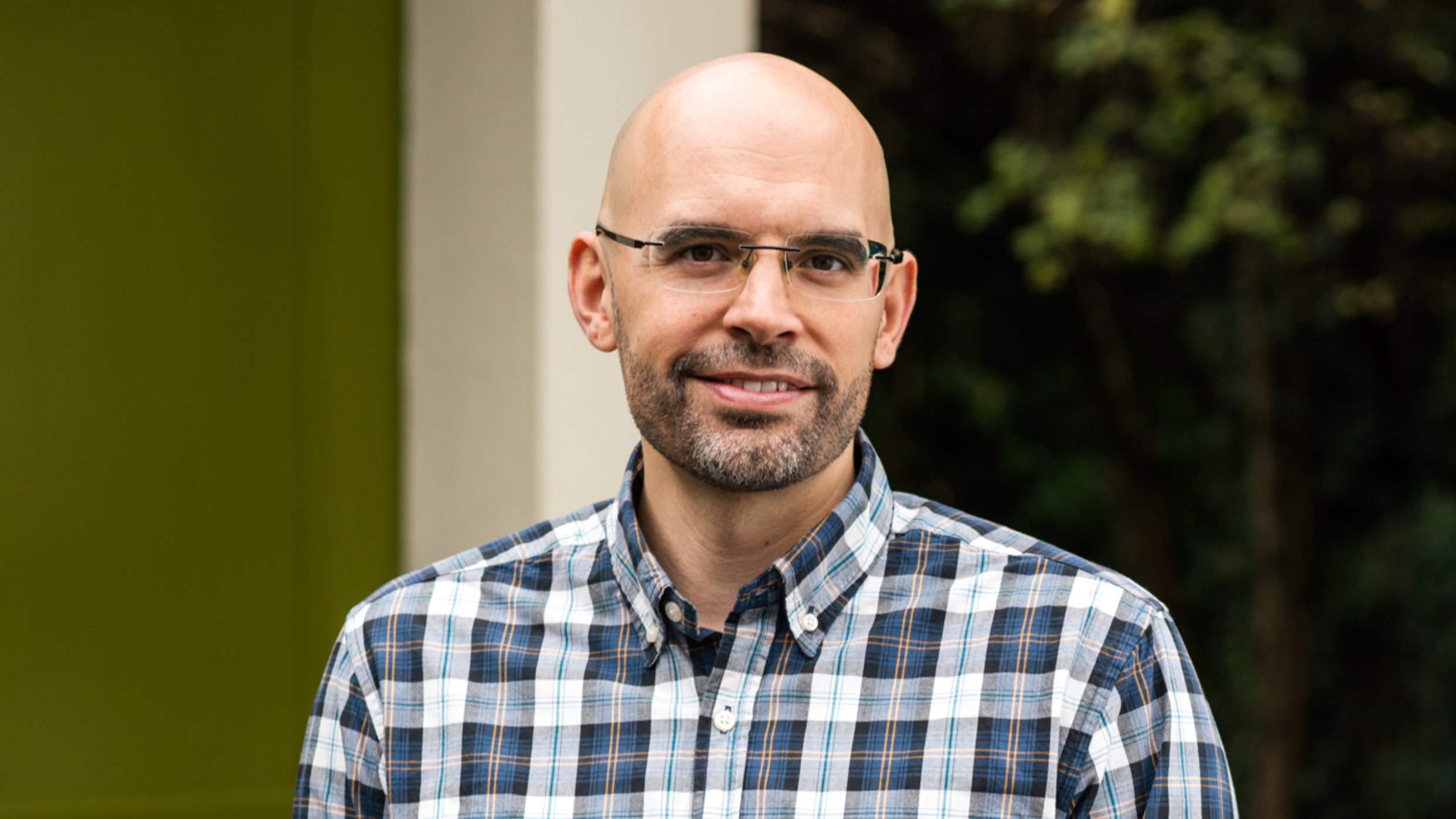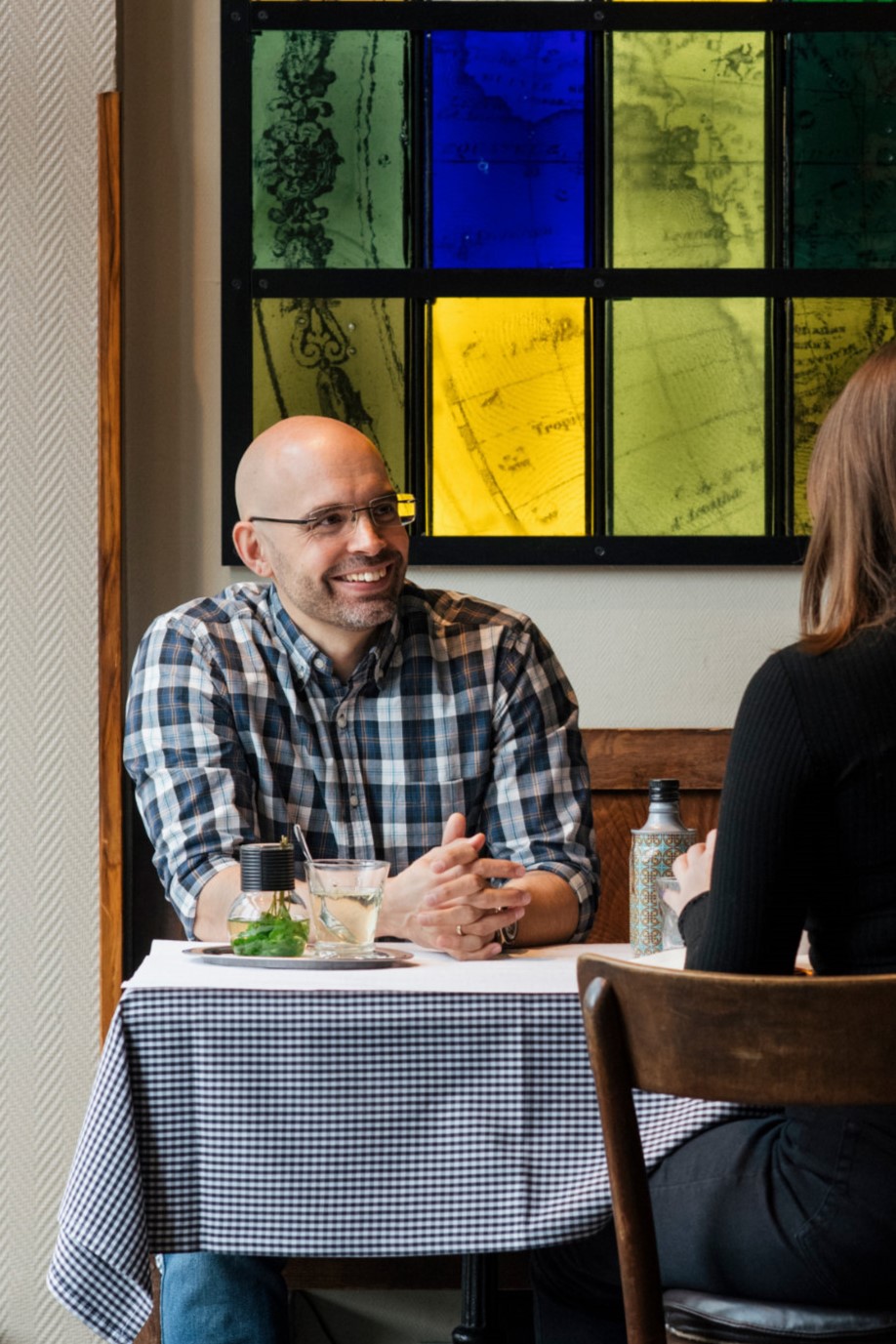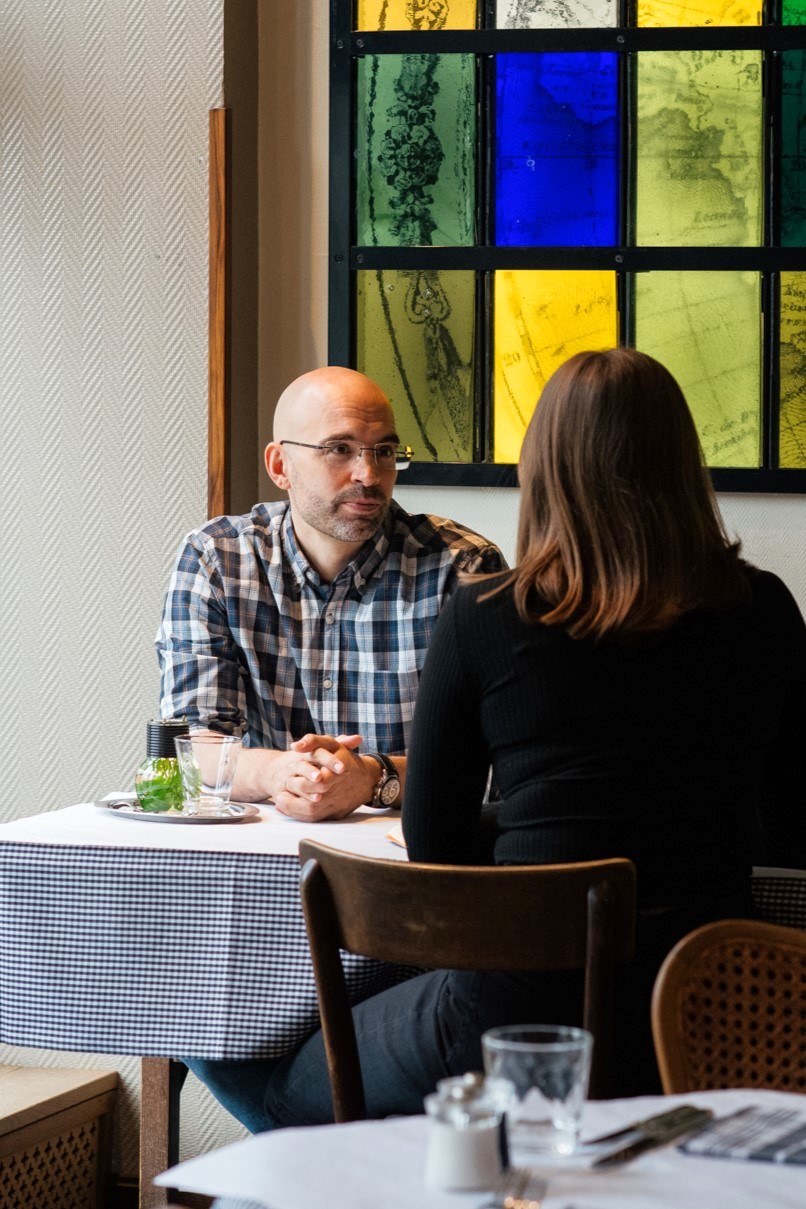Navigation auf uzh.ch
Navigation auf uzh.ch

Prof. Luis Aguiar’s passion for research brought him back to the academic world after seven years in the public sector. He uses this dedication to explore the many facets of digitization and online platforms – with a special focus on the music industry.
Luis’ journey to professorship followed a rather unconventional path. His decision to study economics was driven more by a lack of a clear alternative than by a distinct passion. However, his enthusiasm for learning sparked a genuine interest in the subject. After completing his Bachelor’s degree in Geneva, he decided to move to Spain, drawn by the desire to explore his Spanish roots. The planned one-year stay turned into fifteen, during which he obtained a Master ’s degree and PhD in economics and worked at the Joint Research Center of the European Commission. It was only in 2019 that his passion for research led him back into the academic world and to Switzerland, where he was appointed to his first position as an assistant professor at the University of Zurich. “It felt peculiar to be back in Switzerland”, he remarks. „I could see familiar sights from my time in Geneva — the same supermarkets, the same products. It was like being transported back into my familiar world, but with a different language.“

In his research, Luis tries to understand the main advantages of digitization. “A key takeaway is the multitude of benefits it has provided for consumers”, he explains. One area that has undergone major changes and therefore fascinates him is the music industry. When he started doing research on this topic during his time at the European Commission, online copyright infringement was an important issue. “The concern was that while piracy gave consumers free access to music, there was a risk that if artists lost their income and stopped making songs, there would be no new music.” Today, the situation is markedly different. Digitization and the internet have significantly reduced barriers and costs, enabling millions of artists to enter the industry. The power of the platforms plays a role here. Luis does a lot of research on Spotify, one of the leading platforms for music streaming nowadays. He is particularly interested in the power dynamics between Spotify and major music labels. While Spotify requires the labels’ content to appeal to users, the platform‘s considerable growth has shifted the dynamic, making the labels dependent on Spotify for the wide distribution of their songs. He emphasizes: “Studying this kind of relations is relevant in the current state of the industry.”

A recent study by Luis examines what happens when music is featured in a movie. His fascination for the topic sparked when, while watching Netflix, he used the app Shazam to identify a song. He thought, “I cannot be the only one doing this” and concluded that the appearance of songs in films likely has a significant impact on the songs’ discovery. He elaborates: “This is also important for copyright, because whenever a movie wants to use a song, it has to clear copyright and pay the license to the right holders. So understanding how the use of songs in movies affects their performance is very useful.” The most important realization from his career so far – and something he also wants to teach his children: learn how to fail. Failure is a constant companion in research: you fail to answer a research question, you fail at your approach, you fail at publishing. “It is really hard to learn how to fall down and get back up”, he says. “Especially because I’m a bit of a perfectionist. But I think it is an important philos ophy to have in life. Failure is okay, because if you don’t fail, you don’t learn.”